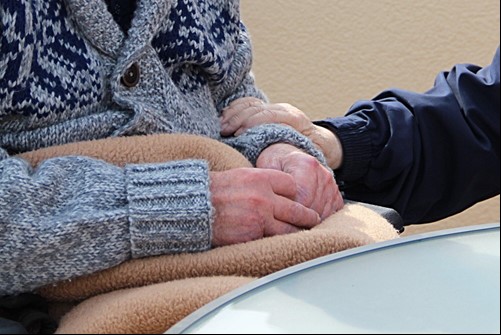Have you ever wondered what to do if a loved one suffers harm in a nursing home? Many families face this difficult question. When you place someone you care about in a nursing home, you trust they will receive the care they need. Unfortunately, neglect or abuse can happen, leaving families searching for justice.
Understanding the steps in suing a nursing home for negligence can feel overwhelming. But don’t worry-this guide will make it clear and simple. By the end, you’ll feel confident in knowing the basics of this legal process.
Recognizing Negligence In A Nursing Home
To sue a nursing home, you first need to understand what counts as negligence. Negligence happens when staff fail to provide proper care, leading to harm. This could include not giving medicine on time, failing to prevent falls, or ignoring medical needs.
Abuse, like hitting or shouting, is even more serious. Families may notice warning signs, such as bruises, bedsores, or sudden changes in behavior. If you suspect something is wrong, it is important to act quickly to protect your loved one.
Seeking Help From The Right Attorney
Once you suspect neglect or abuse, contacting a professional is your next step. A nursing home neglect attorney or nursing home abuse attorney specializes in these cases. They understand the laws and can guide you through the process.
A lawyer nursing home abuse expert will help gather evidence, such as medical records or witness statements, to prove your case. This step is vital, as strong evidence can make a big difference in the outcome.
Filing The Legal Claim
After speaking with an attorney, the next step is filing the claim. Your attorney will handle the paperwork and submit it to the court. They will also notify the nursing home of the lawsuit. At this point, the nursing home may try to settle the case out of court.
Settlements can save time and money, but your lawyer will help you decide if it’s the best option. If no agreement is reached, the case may go to trial.
The Role Of Evidence In Your Case
Evidence plays a key role in proving negligence. A nursing home injury lawyer will help you gather important details. Photos of injuries, medical records, and staff reports can all support your case.
Witnesses, such as other residents or workers, may also provide valuable testimony. Building a strong case takes time, but it is worth the effort to ensure justice is served.
The Importance Of Acting Quickly
Time is important in these cases. Laws in each state set a deadline for filing lawsuits, known as the statute of limitations.
For example, nursing home abuse in Florida must be reported within a specific timeframe. Waiting too long could mean losing the chance to sue.
Acting quickly also helps preserve evidence and strengthens your case. It ensures that witnesses’ memories remain fresh and accurate. Starting the process early gives your attorney enough time to build a strong case for your loved one.
Taking Action When Suing A Nursing Home For Negligence Is Critical
Suing a nursing home for negligence is a serious decision, but it can bring justice for your loved one. By recognizing the signs, seeking legal help, and understanding the process, you can take the right steps forward.
The journey may feel challenging, but with the right support, you can hold the nursing home accountable. Remember, taking action can also help prevent similar harm to others in the future.
Did you like this guide? Great! Browse our website for more!

